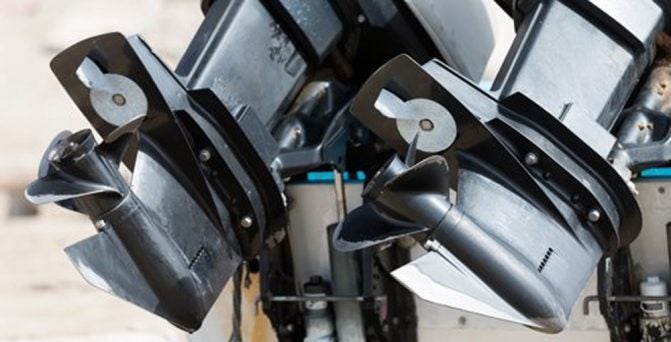
Non-toxic anodes made from aluminum or magnesium outperform old zinc styles while saving you money.
Winter is a great time to get ahead on boat and engine maintenance, and that includes replacing those sacrificial anodes.
Most of us don’t give a second thought to the anodes – those curious little knobs of raw metal found on outdrives, outboard engine lower units and other metal components that dangle under the boat. We know that the anodes somehow react in the water to protect those important metal bits from corroding, and we know that every now and then over time they will dissolve in the course of doing their job and need to be replaced. But that’s about it. Beyond that, no one really gives them a second thought.
Maybe we should.
Anodes are actually pretty cool devices. Metal corrodes in water as a result of natural electro-chemical reactions. Anodes are made from metals that have an especially attractive electro-chemical voltage range, so putting one of these on your motor focuses those corrosive reactions on the anode instead of the metal engine and propeller. It’s a bit like catering a kid’s birthday party by serving cake and broccoli at the same time – the cake gets absolutely devoured, while the broccoli escapes untouched.
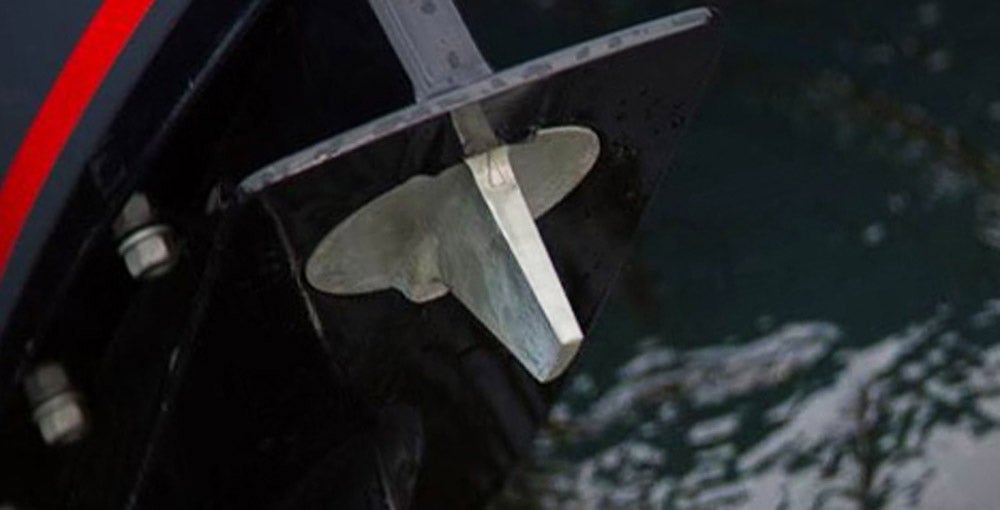
Anodes protect engines by focusing corrosion on themselves, and away from the engine structure itself. They should be replaced every season for peak performance.
Anodes have traditionally been made of zinc – to the point they’re pretty well universally known as “zincs” rather than by their proper name. While zinc is an effective anode material, prolonged exposure to zinc has been found to be highly toxic to aquatic plants, invertebrates and fish. Worse still, zinc anodes typically include some amount of cadmium, which has been associated with serious illnesses in humans, including kidney disease, atherosclerosis, hypertension and cardiovascular diseases. Further, there is growing concern that exposure to cadmium may be linked to immune system deficiencies.
Fortunately, zinc isn’t the only choice when it comes to anodes. Non-toxic alternatives exist, and some of them are even better than zinc at protecting boats and engines from corrosion.
Non-Toxic Zinc Alternatives
Aluminum anodes are probably the most popular non-toxic alternative to old zinc anodes. They have numerous advantages over zinc, starting with being far more effective – to the point that aluminum has now become the number one choice of engine manufacturers worldwide. When you buy a new outboard today, regardless of the brand it will come with an aluminum anode, rather than zinc.
Apart from being completely non-toxic and working more effectively, aluminum anodes also last up to 50% longer than zinc anodes of comparable size. They’re also lighter in weight, and work equally well in fresh or salt water.
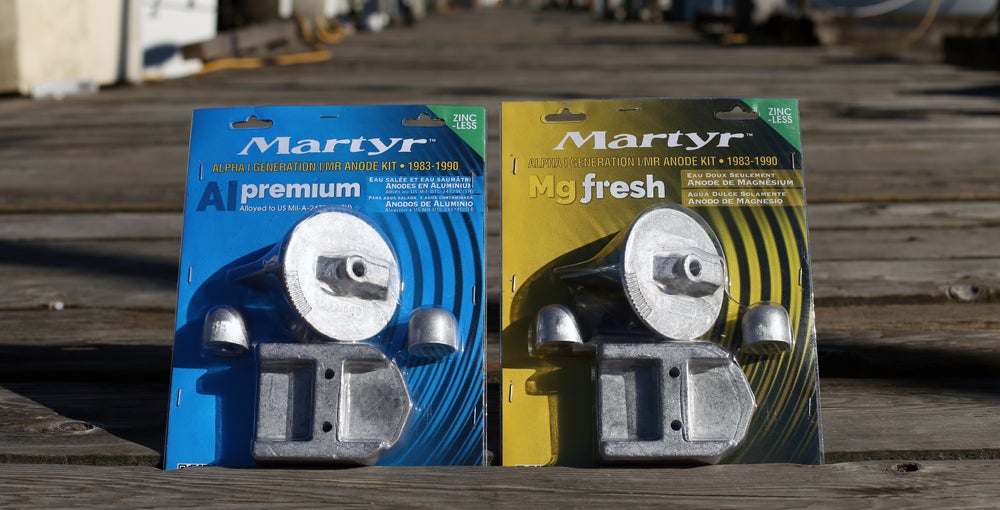
Aluminum anodes (left) work in both fresh water and salt water environments. Magnesium anodes (right) are the most effective you can get, but are for fresh water use only.
Boaters who operate in freshwater only have an even more effective choice available to them. Magnesium anodes are also non-toxic, and have an extremely active electro-chemical voltage range that makes them even more effective than aluminum. They’re hands-down the best you can get for freshwater use. But magnesium is a poor choice for use in brackish or salt water, where they dissolve very quickly and could leave the engine temporarily unprotected if they wear away before the owner notices. If you boat in briny water, stick to aluminum.
The Price Is Right
Non-toxic aluminum and magnesium anodes not only out-perform the old zinc styles, they’re also less expensive. The cost of zinc has increased substantially in recent years, climbing from a level of approximately US$0.70 per pound in December 2015 to approximately US$1.44 per pound today. Beyond that, zinc is a heavy material so shipping costs are enormous. These costs are, of course, passed directly on to consumers.
So non-toxic alternatives work better than zinc, last longer than zinc, and cost less than zinc. So why on earth do we keep using the toxic stuff?
When changing the anodes on your engine this winter, switch to non-toxic aluminum or magnesium versions. They’re not only better for the environment, they’ll do a better job of protecting your engine and save you money at the same time.
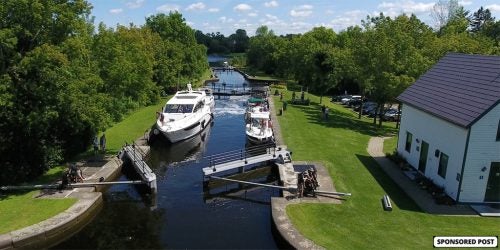
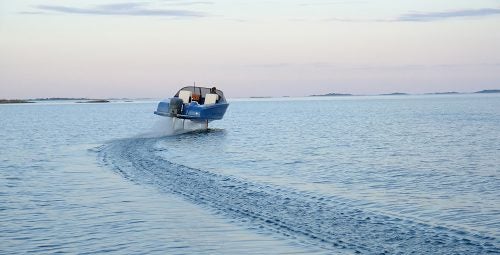



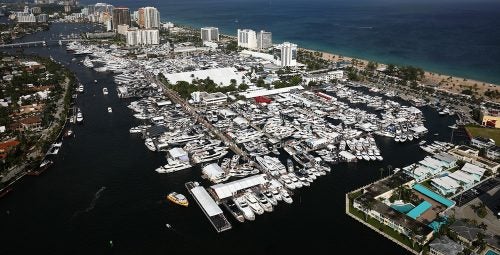 Fort Lauderdale International Boat Show Preview
Fort Lauderdale International Boat Show Preview 10 Best New Boat Accessories at IBEX 2021
10 Best New Boat Accessories at IBEX 2021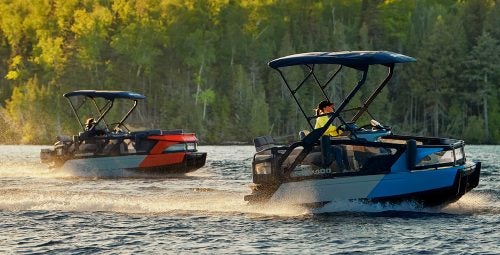 2022 Sea-Doo Switch Pontoon Boat Lineup Unveiled
2022 Sea-Doo Switch Pontoon Boat Lineup Unveiled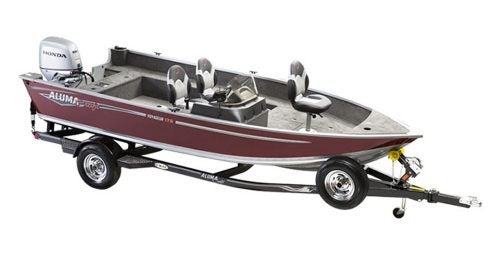 BRP Enters Fishing Boat Market with Purchase of Alumacraft Boat
BRP Enters Fishing Boat Market with Purchase of Alumacraft Boat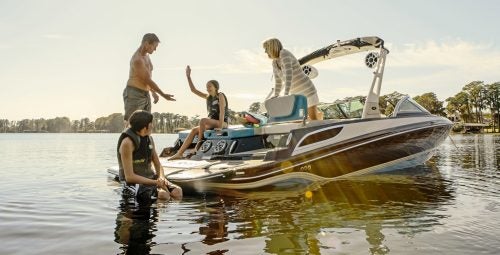 Volvo Commits To Electric Power By 2021
Volvo Commits To Electric Power By 2021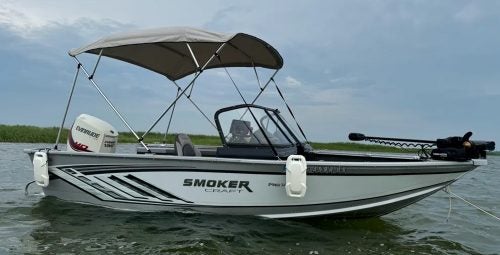 Kemimoto 4 Bow Bimini Top and Boat Bumper Review
Kemimoto 4 Bow Bimini Top and Boat Bumper Review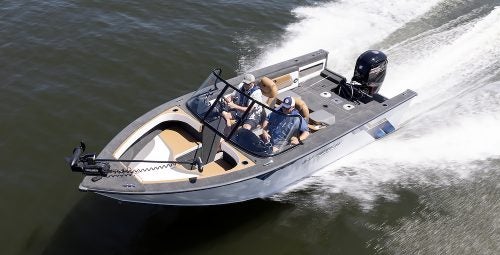 Starweld Victory 20 Review
Starweld Victory 20 Review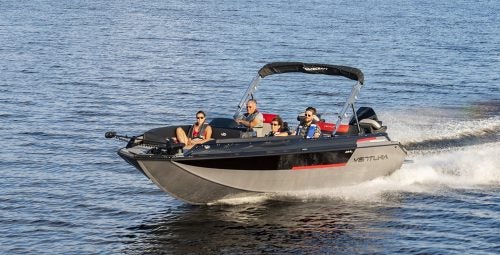 Princecraft Ventura 23 RL Review
Princecraft Ventura 23 RL Review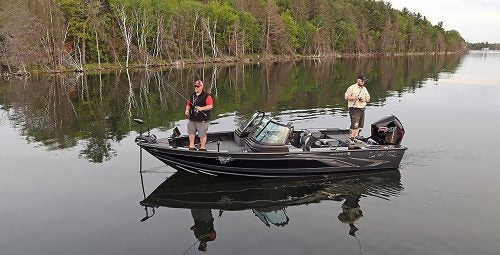 Lund 2075 Pro V Review
Lund 2075 Pro V Review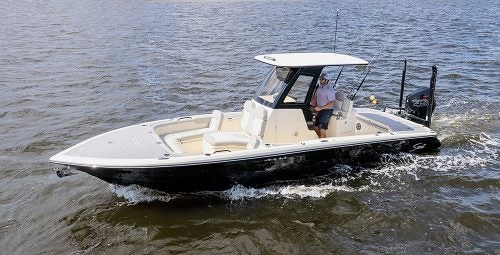 Scout 281 XSS Review
Scout 281 XSS Review Fuel Saving Tips For Boaters
Fuel Saving Tips For Boaters Best Boating Accessories
Best Boating Accessories Best Boating Apps
Best Boating Apps 5 Pontoon Boats That Are Made To Fish
5 Pontoon Boats That Are Made To Fish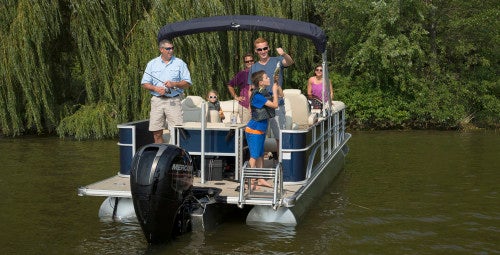 10 Great Small Pontoons
10 Great Small Pontoons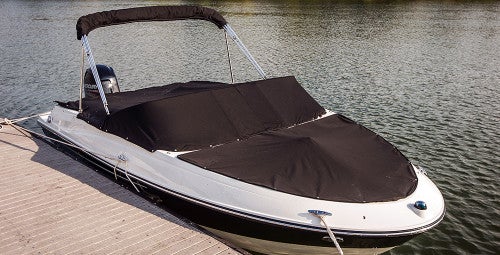 Your Boat Was Expensive—Do You Really Trust a $2 Rope From the Dollar Store to Secure It?
Your Boat Was Expensive—Do You Really Trust a $2 Rope From the Dollar Store to Secure It?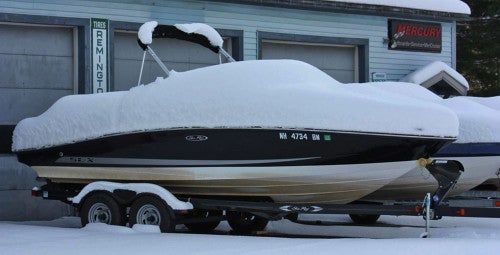 Do I Need Insurance Coverage Against Ice or Freezing Damage?
Do I Need Insurance Coverage Against Ice or Freezing Damage?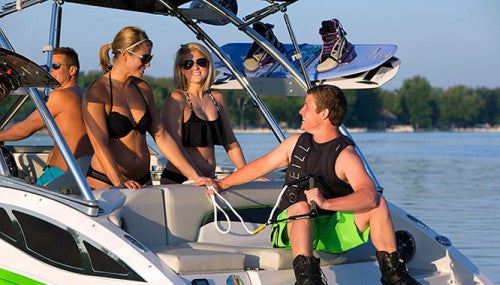 What Kind Of Insurance Coverage Do I Need?
What Kind Of Insurance Coverage Do I Need?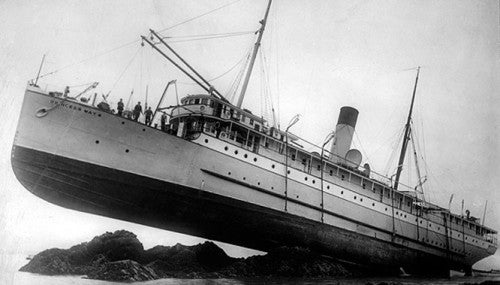 What About Salvage?
What About Salvage?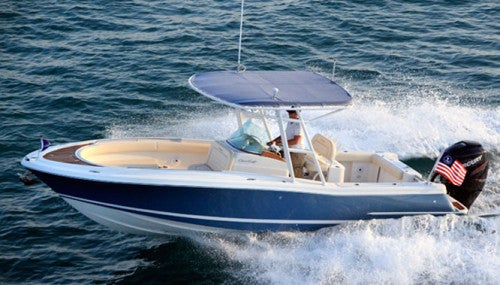 Boat Insurance or Yacht Insurance?
Boat Insurance or Yacht Insurance?
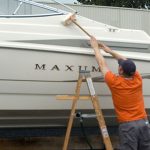

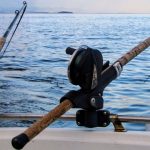
 The Best Bowriders For The Money
The Best Bowriders For The Money
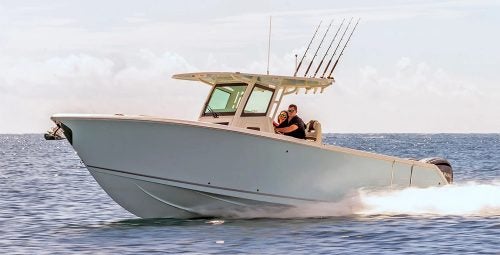 Sailfish 312CC Review
Sailfish 312CC Review
 The Wildest Concept Yachts
The Wildest Concept Yachts
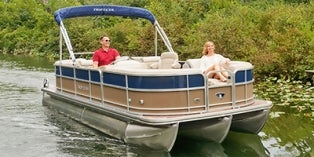 2016 Trifecta 200 Series 220FCR
2016 Trifecta 200 Series 220FCR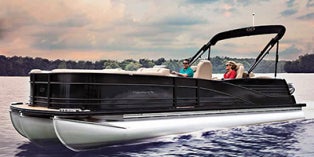 2016 Harris Grand Mariner SL 270 DL
2016 Harris Grand Mariner SL 270 DL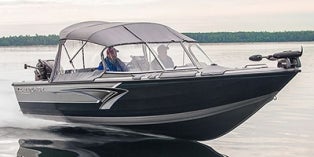 2016 Crestliner Authority 2050
2016 Crestliner Authority 2050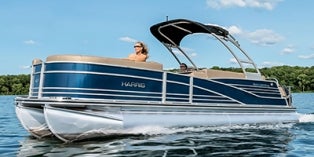 2016 Harris Grand Mariner SL 230 DLDH
2016 Harris Grand Mariner SL 230 DLDH
